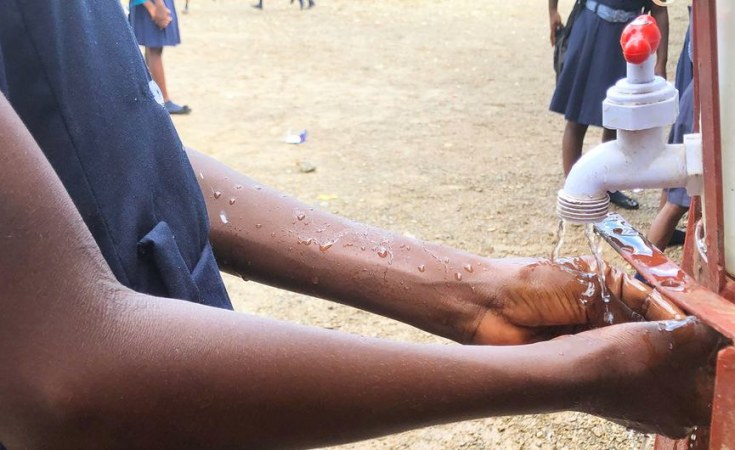While an independent assessment by the Water Resource Commission can't identify the source of the recent cholera outbreak in Hammanskraal, the investigation highlights a much bigger issue: wastewater treatment works that release other harmful bacteria into the water system.
"One life lost is just too many. And the risk from all other indications from the study indicates there is even more than meets the eye," Dr Jennifer Molwantwa, CEO of the Water Research Commission (WRC), told a media briefing hosted by the National Press Club on Wednesday as she provided an update on the WRC's independent analysis of the recent cholera outbreak in Hammanskraal.
The WRC was commissioned by the Department of Water and Sanitation to do an independent investigation on 31 May 2023. At that stage, 20 people had already died, but a total of 32 deaths were eventually recorded.
Cholera is a diarrhoeal disease caused by ingesting water or food contaminated with faecal matter containing the bacterium Vibrio cholerae.
While cholera is not endemic to South Africa, several countries in southeastern Africa - particularly Malawi, which is currently experiencing the largest active cholera outbreak on the continent, and Mozambique - experienced outbreaks in March 2023, which spread regionally to Tanzania, Zambia, Zimbabwe and South Africa.
Source unknown
The WRC, which worked with Cubic M Africa, Virtual Consulting Engineers and the University of Pretoria on the assessment, said that it is still not known whether water was a...


